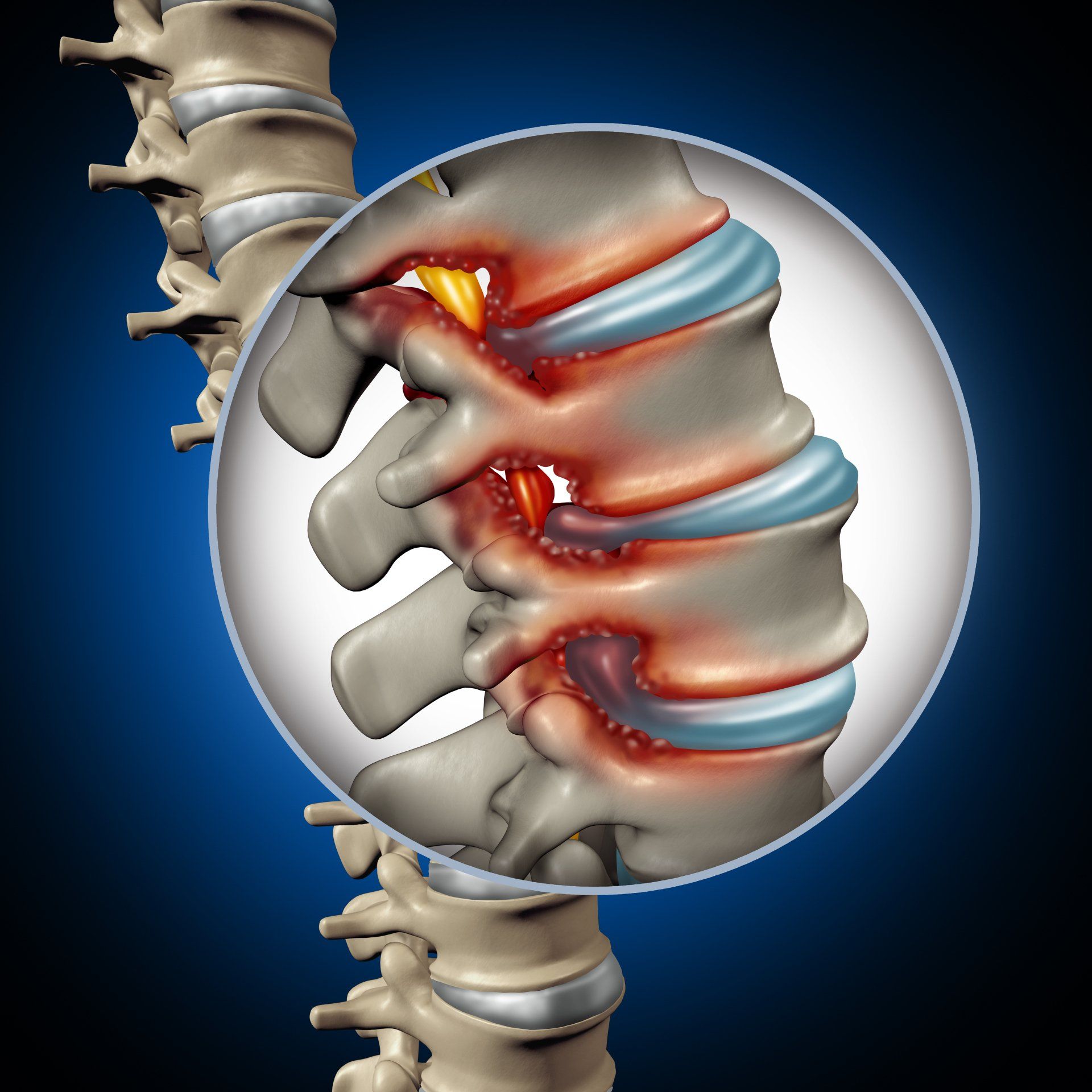Spinal Stenosis
Spinal stenosis is one of the most common types of low back pain, it happens when the space inside the backbone is too small. This can put pressure on the spinal cord and nerves that travel through the spine. Spinal stenosis occurs most often in the lower back and the neck.
Some people with spinal stenosis have no symptoms. Others may experience pain, tingling, numbness and muscle weakness. Symptoms can get worse over time.
The most common cause of spinal stenosis is wear-and-tear changes in the spine related to arthritis. People who have severe cases of spinal stenosis may need to have a procedure done.
Symptoms
- Tingling or numbness in legs or arms
- Stiffness and severe back pain
- Difficulty in walking and standing for long time
- Might experience balancing problems
- Resting may provide temporary relief but the symptoms reoccur

Our Procedure
Interlaminar Fixation Device
-decompression with Interlaminar fixation device procedure helps relieve the pain associated with spinal stenosis. Through a small incision, our surgeon will decompress the affected area by removing the part of the spine that is pressing against the nerve. Once the area is decompressed and the nerve is free the surgeon will insert an interlaminar fixation device to stabilize the spine without causing limited range of motion.
An Interlaminar Fixation device is placed between the spinous processes (the visible bones in the middle of the back). After insertion, the device is opened or expanded to open the neural foramen and decompress the nerves.
The ISASS Policy Statement published last year notes that “there exists a population of patients who present with moderate to severe stenosis, with concomitant back pain, where decompression alone does not adequately address back pain.” Interlaminar Fixation after direct decompression is a non-fusion surgical option that can provide the additional stability over decompression alone without the inflexibility of an instrumented fusion. The Policy states, “In select patients within the LSS continuum, decompression with interlaminar stabilization has proven to provide equivalent outcomes with a reduced cost compared to decompression plus fusion.’”
Covered by Medicare Medicaid Insurance
Contact us now to learn more and get an appointment scheduled as soon as possible.
Or Call 405-503-1208

